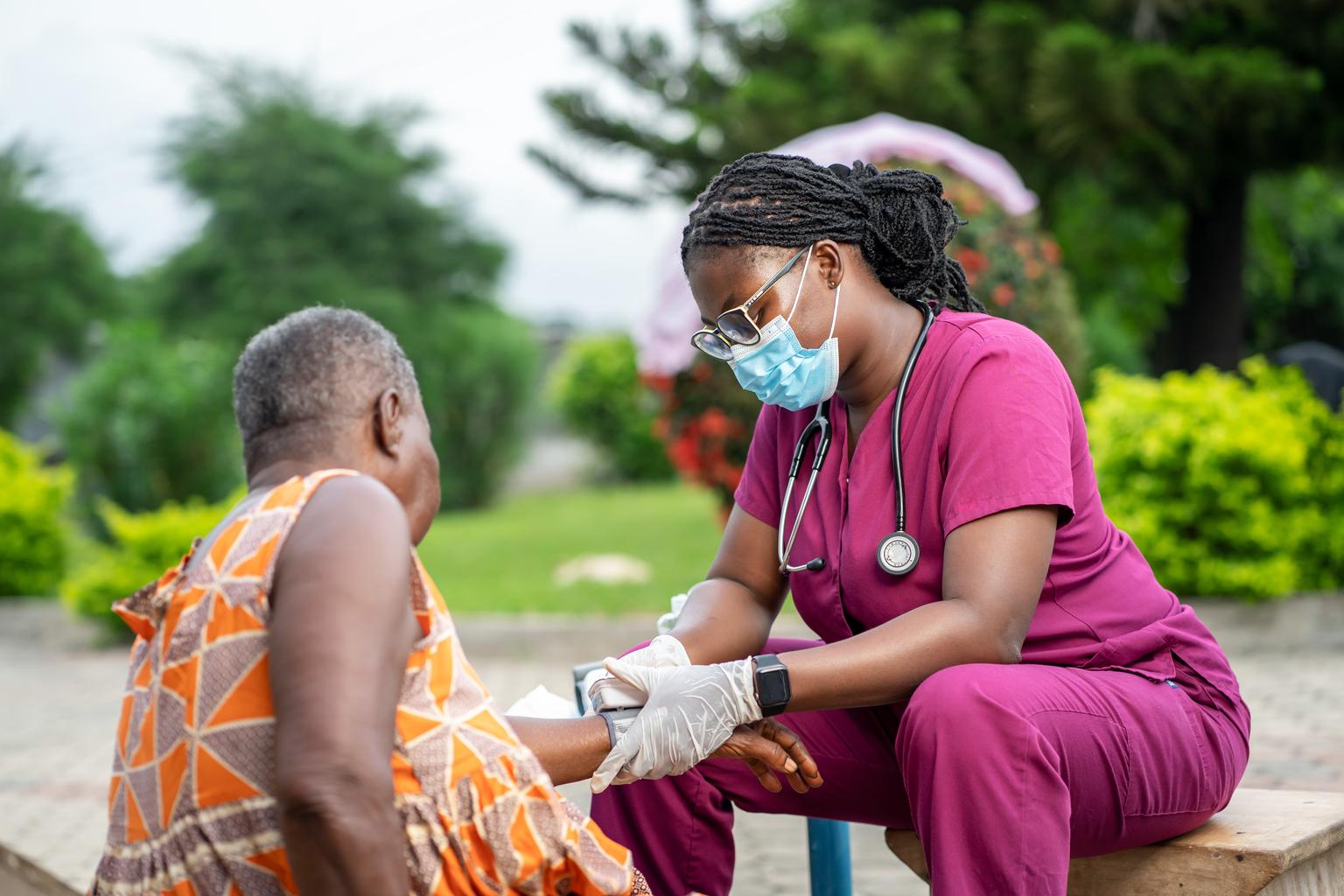As the third year of medical school comes to a close, medical students around the country and abroad are making plans for away rotations. While these rotations can be a valuable experience and allow you to showcase your medical knowledge and skills, it’s best to know what to expect before deciding whether it’s the right path for you.
What are away rotations?
During an away rotation, you spend a predefined amount of time as a medical student outside your home institution. It usually occurs during your fourth or final year. During an away rotation, you’ll still officially be a medical student, but your responsibilities will more closely resemble those of an intern than they have before.
The majority of rotations require an application, though the details may vary. It can involve anything from meeting vaccination requirements to obtaining letters of recommendation and presenting your USMLE Step 1 scores. The Journal of Bone and Joint Surgery found the latter is particularly common for orthopedic surgery residency programs.
To away or not to away?
Away rotations are by no means a requirement for the fourth year of medical school. As one Academic Medicine paper noted, the effort and logistics involved mean that these rotations can “come at a significant cost,” so it’s best to think carefully before you begin to invest your limited resources.
That said, certain specialties—emergency medicine and orthopedic surgery, for example—have particular application expectations which make away rotations the norm rather than the exception. It’s best to find out before the application season begins whether your chosen specialty expects prospective residents to have completed away rotations. Upperclassmen and faculty advisers can help guide you here.
The next question to address is what your primary goals are for completing an away. Are you hoping to gain letters of recommendation for your residency applications, for example, or establish a relationship with a particular institution you’re interested in for residency? Maybe you’re just hoping to gain an appreciation for how medicine is practiced outside your home hospital. Having the answer to these questions will help you decide where to apply, for what dates and at how many hospitals.
For example, if you’re hoping for a letter of recommendation, completing an early rotation in the summer would give potential letter-writers time to prepare for residency applications in the fall. However, if you’re hoping to establish a strong reputation at a particular institution, scheduling a rotation in the fall gives you time to hone your skills as a fourth-year before demonstrating them at an outside hospital and may mean you are scheduled for a residency interview during your rotation.
Setting rotation goals
Once you’ve set yourself up with an away rotation, a crucial step is establishing your goals for learning and improvement with your seniors. Maybe you want to increase your comfort level with interacting with patients, or maybe you’d like to work on improving your presentation skills. An away rotation is certainly an opportunity to shine and impress your potential future attendings with your medical acumen, but it’s still a time when you should be learning, and all your preceptors will expect that you’ll be doing so.
You’re not expected to be perfect, but you are expected to try your very best every day. Discuss your goals for the rotation with your senior and check in weekly on how you’re doing. This is a good way to ensure you’re progressing in your learning, and it also reminds your senior to track your improvements every day.
Ask for tips on how to advance in your training from upperclassmen at your home institution and from residents you’re working with. Some areas they might suggest focusing on could include being able to present a patient without reading from the paper chart and being able to quickly analyze vital signs and lab values to develop an assessment and plan. Every week, try to come up with a new goal to work toward achieving.
Away rotation etiquette
It should go without saying that things like maintaining professional language in every correspondence and alerting a program about any changes to your availability are basic prerequisites for success. Beyond that, keep the following tips in mind.
- Consider that you’re being evaluated as a potential colleague, just as you’re evaluating any away institution as a potential new home.
- Each new hospital will have its own rules. Ask about these early to save yourself from potential pitfalls down the road.
- Pay attention to your surroundings and the needs of your team so you can establish yourself as a strong team player.
- Ask for—and pay close attention to—feedback when performing new tasks. When you act on that feedback, it will show that you’re paying close attention and improving every day.
- Thank your new teachers, from physicians to other members of the healthcare team, for their help with your learning process.
Finally, take the time to learn from your patients and be sure to study available medical literature, sharing what you’ve learned with the team. This shows your continued interest in your chosen field and your enthusiasm for continuing your medical education.
Finishing strong on your away
Finishing an away rotation on a high note is perhaps even more important than starting off well. Even if you have a rocky start, focus on moving toward a strong finish, with your academic and professional goals achieved.
Though most rotations will have a formal feedback process at the end, it’s still a good idea to touch base with the attendings you worked with before you leave. Whether or not you do end up asking for a letter of recommendation, these physicians will still likely play a role in how you’re assessed by an institution, and strong praise—written or word-of-mouth—can be an extremely positive factor if you’re interested in a particular institution. It’s also important to remember that the world of academic medicine is small, and your performance may still reach the ears of other institutions beyond the one you’re rotating at. Be earnest and enthusiastic in your work and your efforts will be acknowledged!





